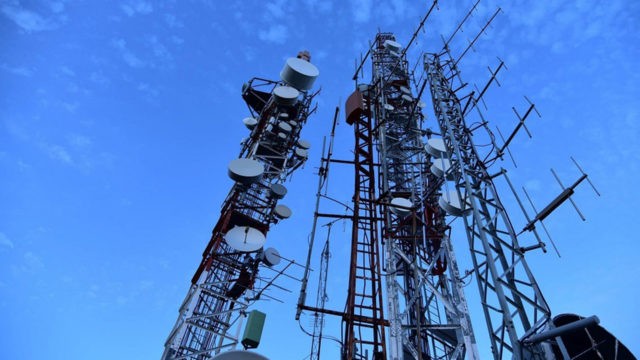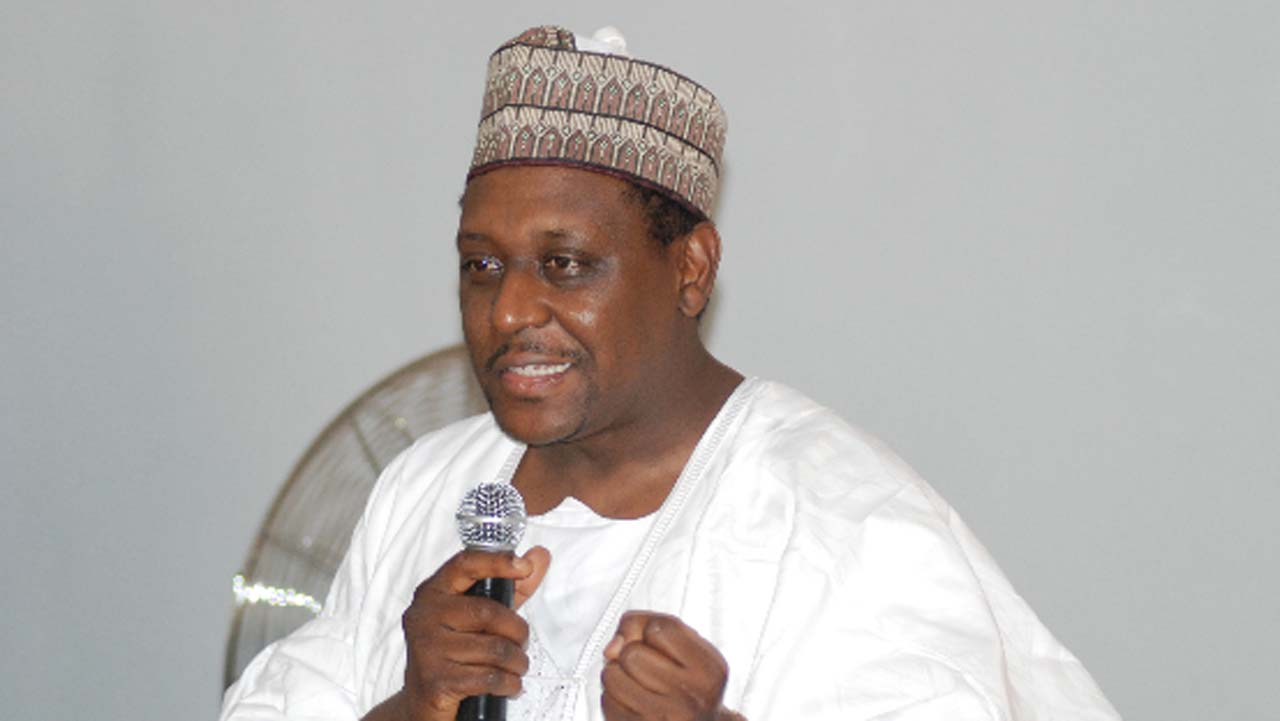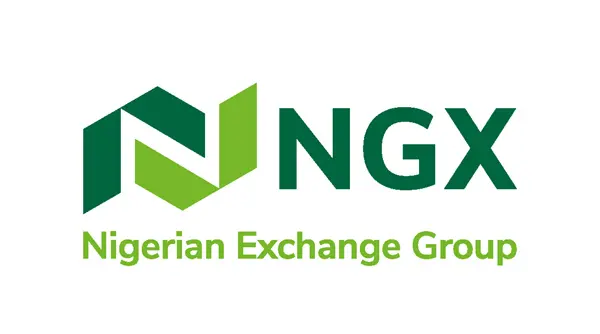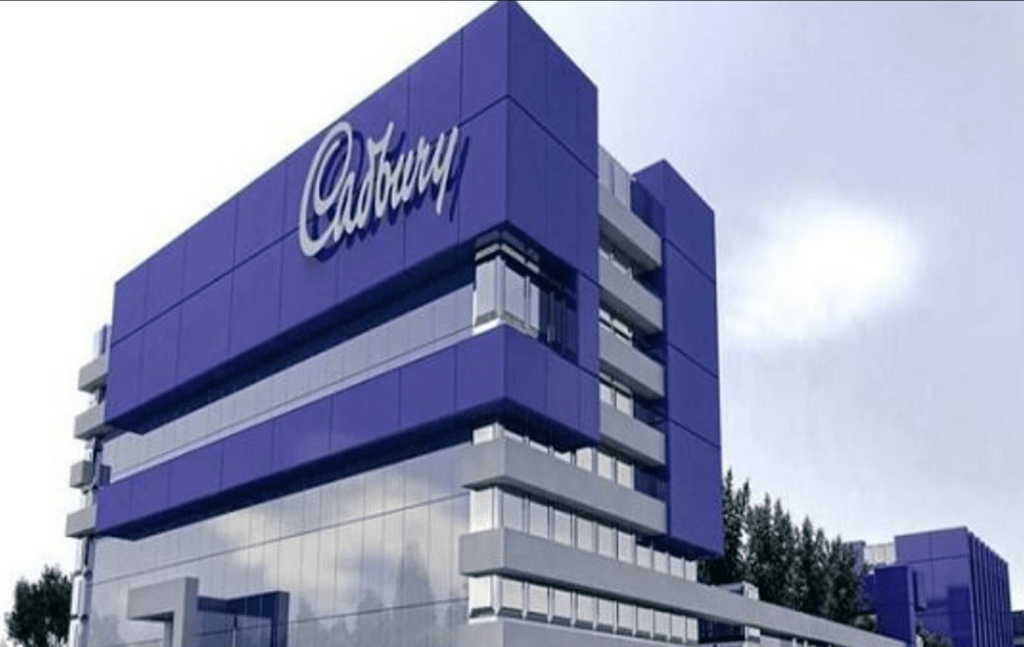Telecom Operators Face a 34.57% Surge in Diesel Expenses, Reaching N429.43 Billion in 2023
Telecom operators in Nigeria witnessed a substantial 34.57% increase in their expenditure on diesel, reaching N429.43 billion in 2023 due to surging diesel prices. This marked a significant rise from the N319.11 billion spent in 2022. The escalation in diesel costs was attributed to the economic recession in Nigeria in 2020, compounded by the ongoing Ukraine/Russia crisis. Energy costs, constituting 35% of ALTON’s members’ operating expenses, were severely impacted.
Diesel prices skyrocketed from N288.09 per liter in January to N1126.69 per liter in December 2023, leading telecom companies to grapple with escalating operational expenses. Industry data indicated that telecom operators consumed an average of 40 million liters of diesel monthly to power their communication sites.
Breaking down the monthly costs in 2023, Sunday PUNCH reported figures such as N33.15 billion in January, N33.48 billion in February, N33.63 billion in March, N33.69 billion in April, N33.77 billion in May, N32.63 billion in June, N31.78 billion in July, N34.17 billion in August, N35.63 billion in September, N40.19 billion in October, N42.22 billion in November, and N45.07 billion in December.
The Nigerian Communications Commission disclosed that by the end of 2022, the country had 34,862 towers and 127,294 base stations. In that year, the telecom industry’s operational costs amounted to N2.09 trillion, with a significant portion tied to diesel expenses.
Telecom operators had raised concerns about the adverse effects of rising diesel costs on their businesses since 2022. In response, the Association of Licensed Telecoms Operators of Nigeria requested a 40% tariff increase from the NCC in 2022. Although the request was not approved, operators continued to face challenges as diesel prices surged in 2023.
Gbolahan Awonuga, Head of Operations at ALTON, emphasized the critical role of power in the industry and expressed concerns about stagnant telecom tariffs amid increasing operational costs. ALTON’s President, Gbenga Adebayo, stressed the need for pricing adjustments to ensure industry sustainability.
In an appeal to the House of Representatives, telecom operators highlighted various challenges, including inflation, currency devaluation, difficulty in accessing foreign exchange, rising energy costs, and insecurity issues affecting their businesses. They underscored the urgency of reviewing pricing regulatory frameworks to align with changing economic conditions.
The surge in diesel costs was attributed to foreign exchange challenges, the rising global cost of crude oil, and the imposition of a 7.5% VAT on the product, according to insights shared by oil marketers.








